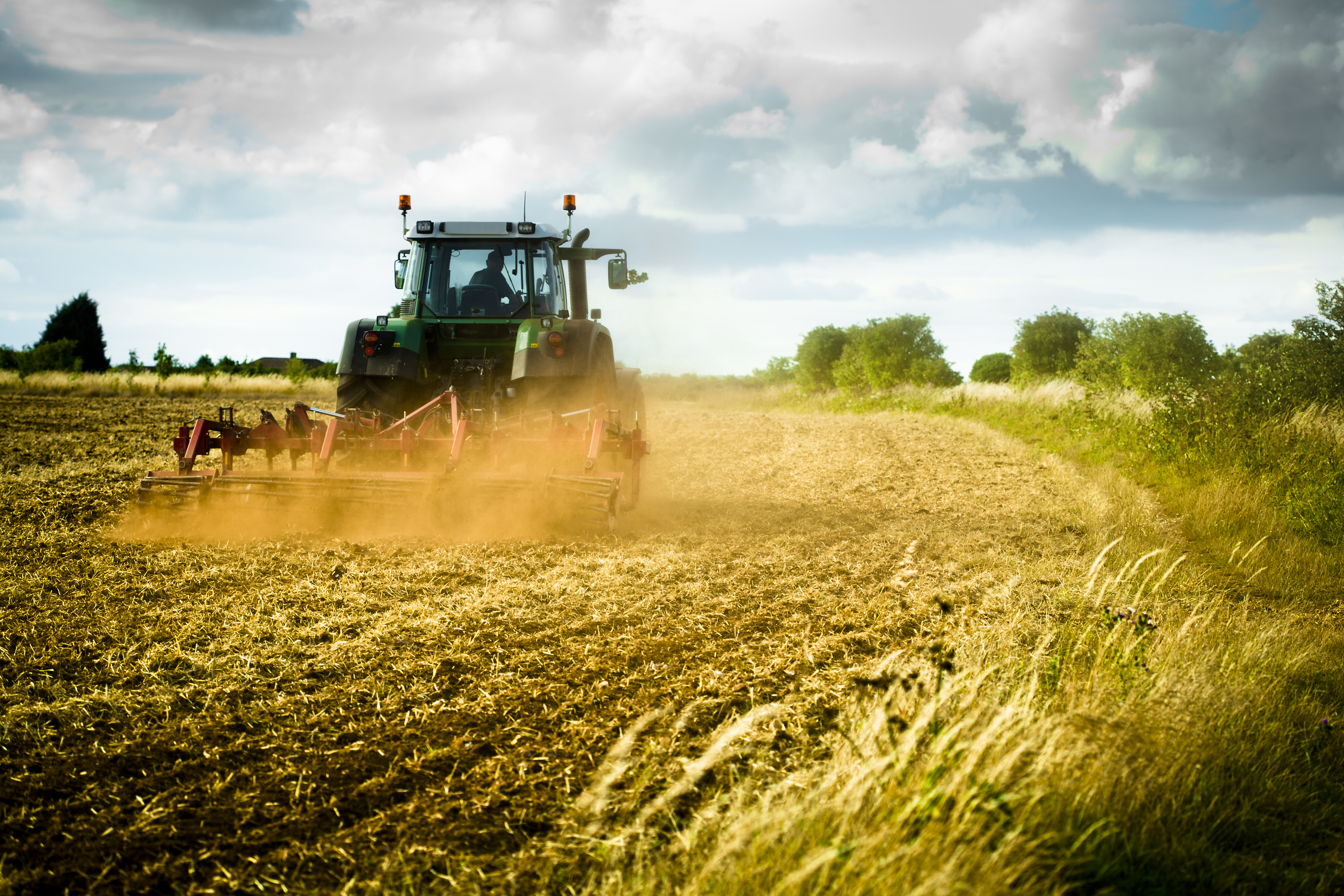
Building Resilience and Sustainability into your Farming Business
Written by Nicholas White, the Growth Hub’s Agriculture and Farming Specialist.
Resilience and sustainability lie at the heart of modern farm business strategies, ensuring that agricultural enterprises can withstand economic shocks, adapt to evolving environmental regulations, and maintain profitability amid climate volatility. By embedding sustainable practices, ranging from energy efficiency to regenerative soil management, farmers not only safeguard their livelihoods but also contribute to broader goals of food security and environmental stewardship.
In North Yorkshire, farms operate across a mosaic of landscapes, from the rolling Dales to fertile Vale soils, yet they share common challenges: rising energy costs, tightening carbon targets, more extreme weather patterns and unpredictable market conditions.
Here are some of the most pressing challenges confronting farm businesses in the region:
- Financial viability: fewer than half of North Yorkshire’s 7,000 commercial farms generate a sustainable profit, with many relying on off-farm income to stay afloat.
- Policy uncertainty: the shift prompted by Brexit and the rollout of new agricultural subsidy frameworks demand rapid adaptation to environmental land management schemes and changing grant eligibility.
- Climate variability: recent extreme weather patterns—wet winters followed by dry summers—have disrupted crop yields and strained livestock systems across diverse farm types.
- Regulatory compliance: mounting pressure to reduce greenhouse gas emissions and deliver nature-recovery outcomes adds layers of complexity and cost to everyday operations.
- Rural infrastructure: limited public transport, patchy broadband connectivity, and the unpredictable nature of farm work make it difficult to access services, adopt precision-farming technologies, or book essential appointments.
- Health and wellbeing: long hours, physically demanding tasks, financial stress, and stigma around mental health have led many farmers to postpone seeking medical or psychological support, exacerbating physical and mental health issues.
It therefore follows that farmers need to plan for these challenges and try to ensure they are as well prepared as they can be for any of these eventualities.
There is a difference between Business Resilience and Business Sustainability, but they should be considered as two sides of the same coin.
Resilience vs Sustainability – Some Practical Actions for North Yorkshire Farms
Below is a table comparing and contrasting the two approaches, with practical actions for North Yorkshire Farmers to consider.
| Focus Area | Business Resilience – Withstand & Recover from Shocks | Business Sustainability – Operate Viably for the Long Term |
| Financial Management | Maintain a 12‑month rolling cashflow forecast to anticipate lean months, Make use of accounting and management software solutions, Build an emergency reserve fund for input price spikes or poor harvests, Diversify enterprises (e.g., arable + livestock) to spread risk, | Invest in infrastructure with long‑term payback (e.g., renewables, efficient irrigation). Reduce reliance on volatile subsidies by developing stable income streams. Align budgets with environmental and social goals. |
| Market Strategy | Secure forward contracts for grain/livestock to lock in prices. Develop contingency sales channels (e.g., local markets if export routes fail). | Build strong local brand identity (e.g., “Yorkshire‑reared” or “Dales‑grown”). Develop value‑added products with long shelf life and premium pricing. |
| Operations & Technology | Adopt precision‑farming tools to adapt quickly to weather or pest outbreaks. Keep machinery well‑maintained to avoid downtime during peak seasons. | Invest in low‑carbon tech (solar PV, heat pumps) to cut long‑term costs. Transition to regenerative practices that improve soil health over decades. |
| Environmental Management | Create flood‑resilient field layouts and drainage to cope with extreme weather. Maintain fodder reserves for drought or harsh winters. | Implement biodiversity corridors, hedgerow restoration, and cover cropping. Reduce synthetic inputs to protect soil and water for future generations. |
| People & Skills | Cross‑train staff/family so key tasks can be covered in illness or absence. Build peer networks for knowledge‑sharing in crises. | Invest in ongoing training for sustainable farming methods. Develop succession plans to ensure smooth generational handover. |
| Policy & Compliance | Stay informed on subsidy changes and adapt quickly to new schemes. Keep contingency plans for regulatory shifts. | Engage early with Environmental Land. Management schemes for steady income. Align farm plans with York & North Yorkshire’s net‑zero and carbon‑negative targets. |

Nicholas White
Business Relationship Manager
I specialise in Agriculture and Farming. Talk to me if your business is based in Richmondshire.
Building Resilience and Sustainability into your Farming Business
Resilience and sustainability lie at the heart of modern farm business strategies, ensuring that agricultural enterprises can withstand economic shocks, adapt to evolving environmental regulations, and maintain profitability amid climate volatility. By embedding sustainable practices, ranging from energy efficiency to regenerative soil management, farmers not only safeguard their livelihoods but also contribute to broader goals of food security and environmental stewardship.
From Grants to Growth: Securing Funding for Rural Business
Rural subsidies are complex – so we asked our rural business specialist Nick White to give us his top tips for getting the funding your business needs to succeed.

